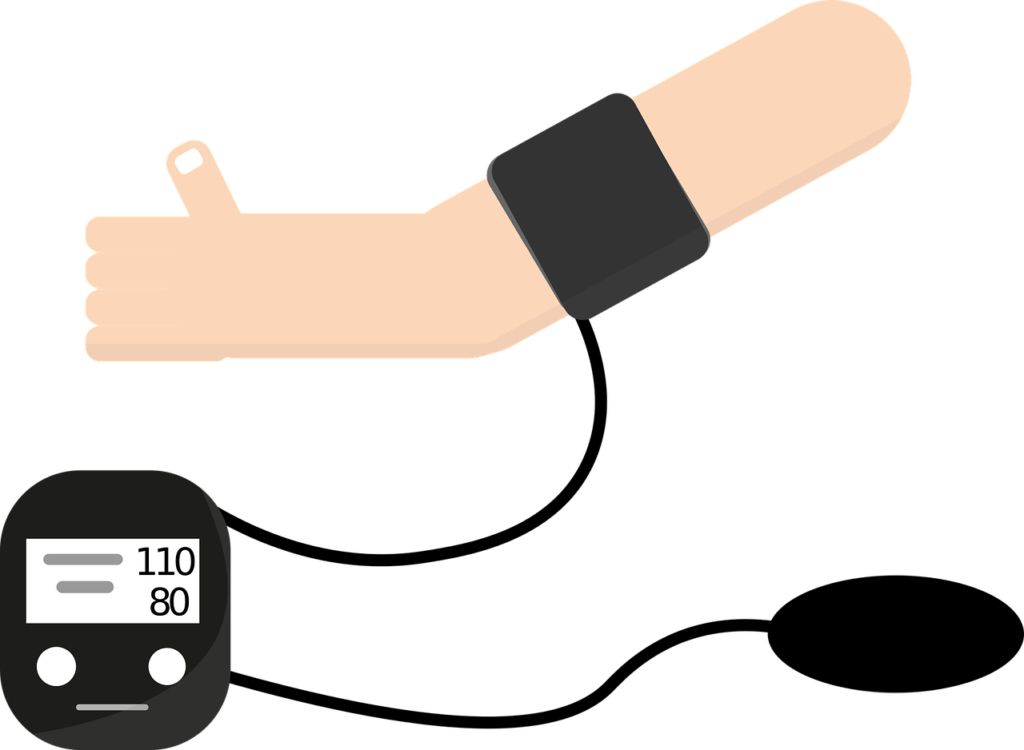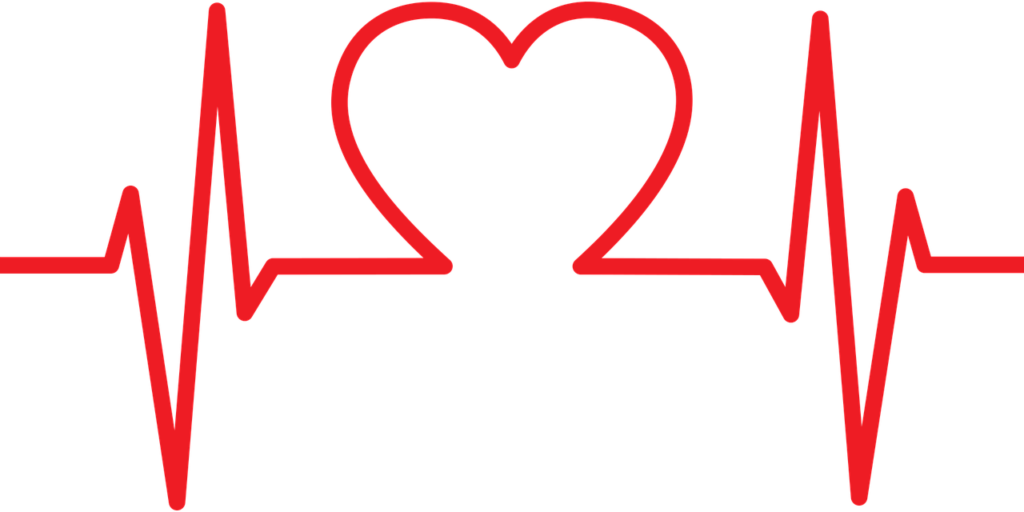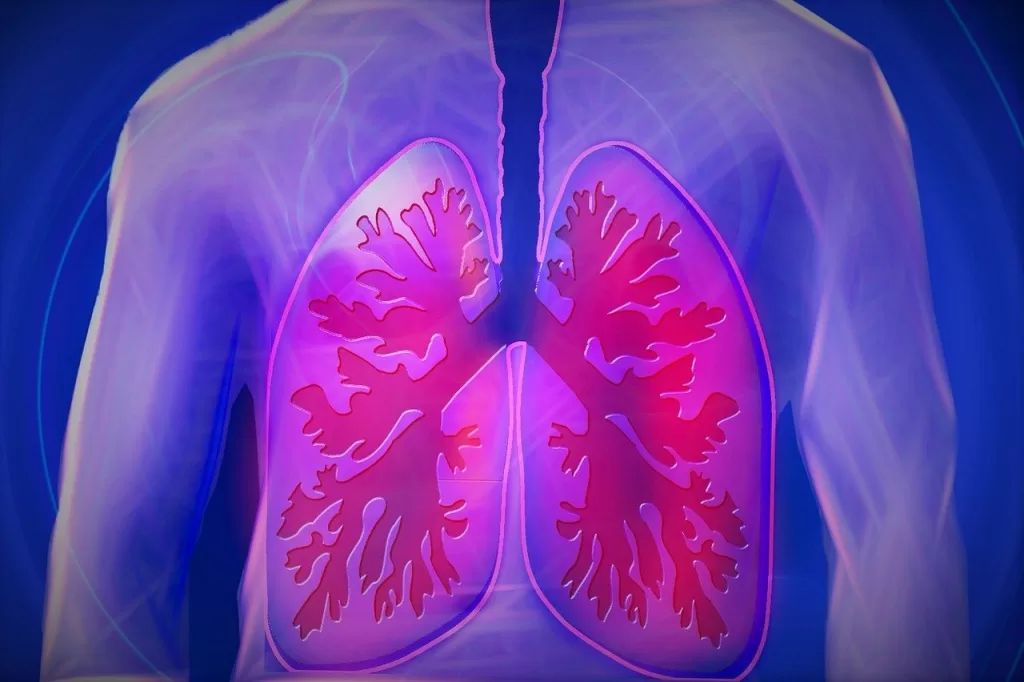Do you have questions about how to control cholesterol and blood pressure without medication? Well, Controlling cholesterol and blood pressure is crucial for preventing heart disease, stroke, and other cardiovascular issues you may face. High cholesterol can lead to plaque buildup in your arteries, while high blood pressure can strain your heart and blood vessels. Managing these levels lowers your risk of heart-related ailments and promotes your overall well-being.
Natural methods and lifestyle changes play a vital role in managing blood pressure. They can include a healthy diet (low in sodium, high in fruits and vegetables), regular exercise, maintaining a healthy weight, reducing stress through relaxation techniques, limiting your alcohol intake, and quitting smoking. These practices not only help you control blood pressure but also contribute to your overall well-being, reducing the reliance on medication and its potential side effects.
Cholesterol and Blood pressure, and Their Roles in Your body
Cholesterol is a waxy lipid substance produced by the liver and also found in certain foods. It’s essential for building cells and producing hormones in your body but excessive levels can lead to plaque buildup in arteries, increasing the risk of heart disease and stroke.
Blood pressure refers to the force exerted by blood against the walls of your arteries as the heart pumps it around the body. It’s necessary for blood flow, delivering oxygen and nutrients to tissues and organs. However, high blood pressure strains the heart and blood vessels, increasing the risk of cardiovascular issues.
The Difference Between Low-Density-Lipoproteins, LDL (bad) Cholesterol and High-Density-Lipoproteins, HDL (good) Cholesterol
LDL (low-density lipoprotein) cholesterol is often termed “bad” cholesterol as it carries cholesterol particles throughout the body, depositing them in artery walls. This can lead to plaque buildup, narrowing your blood arteries, and increasing the risk of heart disease.HDL (high-density lipoprotein) cholesterol is considered “good” because it helps your body to remove LDL cholesterol from the bloodstream by transporting it to the liver where it’s processed and eliminated. High levels of HDL cholesterol are associated with a lower risk of heart disease.
Factors that Contribute to high Cholesterol and Blood Pressure
Unhealthy diet, particularly one high in saturated and trans fats, contributes to high cholesterol. Sedentary lifestyles reduce HDL (“good”) cholesterol levels and raise LDL (“bad”) cholesterol. Obesity increases LDL cholesterol and triglyceride levels while lowering HDL cholesterol. Genetics also play a role, as some individuals inherit genes that predispose them to high cholesterol or blood pressure issues. Overall, a combination of these factors can significantly impact cholesterol and blood pressure levels.
How Can I Control My Blood Pressure Naturally?
1. Manage Your Dietary Intake
A heart-healthy diet plays a crucial role in managing cholesterol and blood pressure. Emphasizing fruits, vegetables, whole grains, lean proteins, and healthy fats like those found in olive oil can help. Specific foods like oats (contain soluble fiber), fatty fish (rich in omega-3s), nuts, seeds, and olive oil (sources of healthy fats) aid in lowering cholesterol and supporting heart health. Reducing sodium intake, avoiding processed foods, sugary beverages, and saturated/trans fats are essential to manage blood pressure and cholesterol levels effectively. Choosing fresh, whole foods and cooking at home can significantly contribute to a heart-healthy lifestyle.
2. Regular Physical Activity
Regular exercise offers numerous benefits for managing cholesterol and blood pressure. It can raise HDL (“good”) cholesterol levels, lower LDL (“bad”) cholesterol, and help reduce high blood pressure. Engaging in aerobic exercises like brisk walking, jogging, cycling, or swimming for at least 150 minutes per week significantly contributes to cardiovascular health. These activities promote better blood flow, strengthen the heart, and improve overall cardiovascular fitness. Incorporating such exercises into a weekly routine helps manage cholesterol and blood pressure levels, reducing the risk of heart disease and stroke.
3. Manage Your Weight
Excess weight can impact cholesterol and blood pressure levels. Being overweight often leads to higher LDL (“bad”) cholesterol and lower HDL (“good”) cholesterol. It also tends to elevate blood pressure, straining the heart and blood vessels. Strategies for achieving and maintaining a healthy weight include portion control, mindful eating (being aware of hunger cues and eating for nourishment), and regular monitoring of weight and dietary habits. Additionally, incorporating a balanced diet with whole foods, limiting processed and high-calorie foods, and staying physically active can aid in weight management, thus positively impacting cholesterol and blood pressure levels.
4. Reduce Your Stress Levels
Chronic stress can impact cholesterol and blood pressure levels by triggering the release of hormones that can raise your LDL (“bad”) cholesterol and increase blood pressure. Stress also influences behaviors like overeating, poor dietary choices, and a sedentary lifestyle, further impacting cholesterol and blood pressure.To manage stress and its effects on cholesterol and blood pressure, techniques like meditation, deep breathing exercises, and yoga can be highly beneficial. These practices help activate the body’s relaxation response, reducing stress hormones and promoting a sense of calm. Engaging in hobbies or activities that bring joy and relaxation also aids in stress reduction. Prioritizing regular breaks, practicing mindfulness, and ensuring sufficient sleep are additional strategies to effectively manage stress and support healthy cholesterol and blood pressure levels.
Monitor Yourself and Your Lifestyle
Regular check-ups and monitoring of cholesterol and blood pressure levels are crucial for early detection and management of any deviations. Routine screenings help individuals understand their health status and take necessary actions to control cholesterol and blood pressure effectively.Encouraging individuals to quit smoking and limit alcohol consumption is paramount for heart health. Smoking damages blood vessels, raising blood pressure, and accelerating the accumulation of plaque in arteries. Excessive alcohol intake can increase blood pressure and contribute to higher cholesterol levels.Getting enough quality sleep is essential. Sleep deprivation or sleep disorders like sleep apnea can negatively impact cholesterol and blood pressure. Managing these sleep issues through lifestyle changes or medical intervention is crucial for maintaining overall heart health.By prioritizing regular check-ups, making lifestyle adjustments, and addressing habits like smoking, alcohol consumption, and sleep patterns, individuals can actively manage their cholesterol and blood pressure levels, preventing the risk of cardiovascular issues.
Conclusion
In conclusion, we’ve explored pivotal strategies for managing cholesterol and blood pressure naturally through lifestyle adjustments. We’ve highlighted the significance of a heart-healthy diet, regular exercise, stress management, weight control, and consistent monitoring. Remember, these changes can significantly impact your health positively. While these steps are empowering, seeking guidance from your healthcare professionals ensures personalized strategies suited to individual needs. They offer tailored advice crucial for effectively controlling cholesterol and blood pressure, fostering a healthier and happier life.
Navigate to www.medicalantidote.com for comprehensive health exploration.



